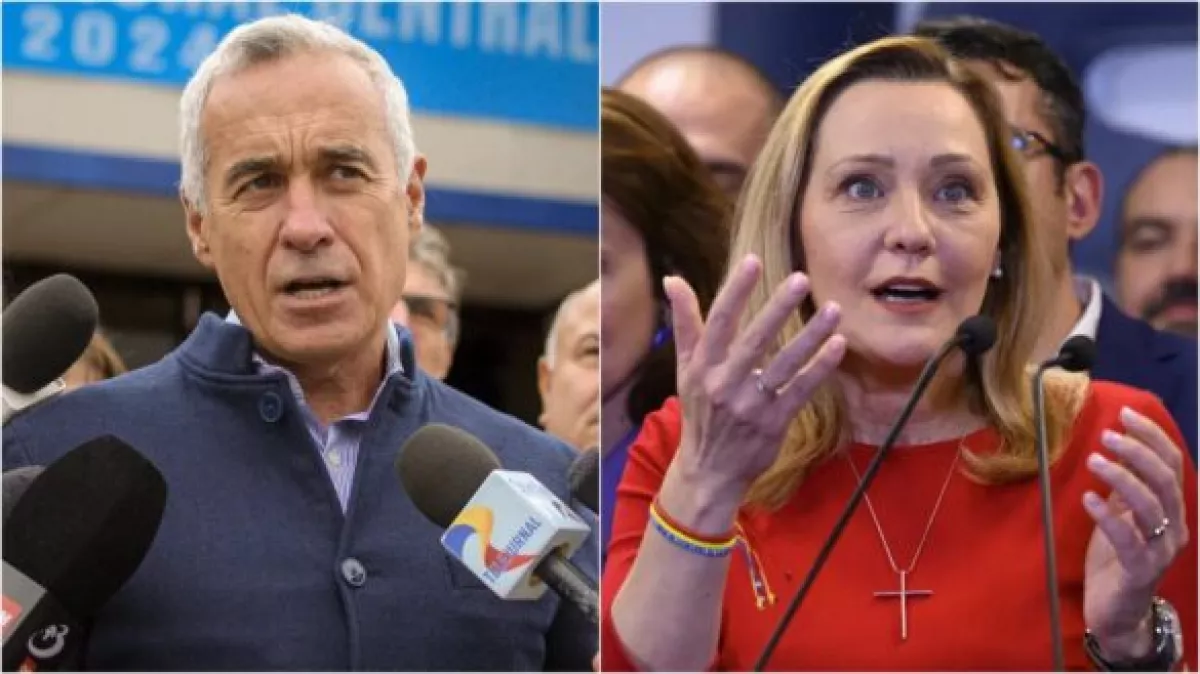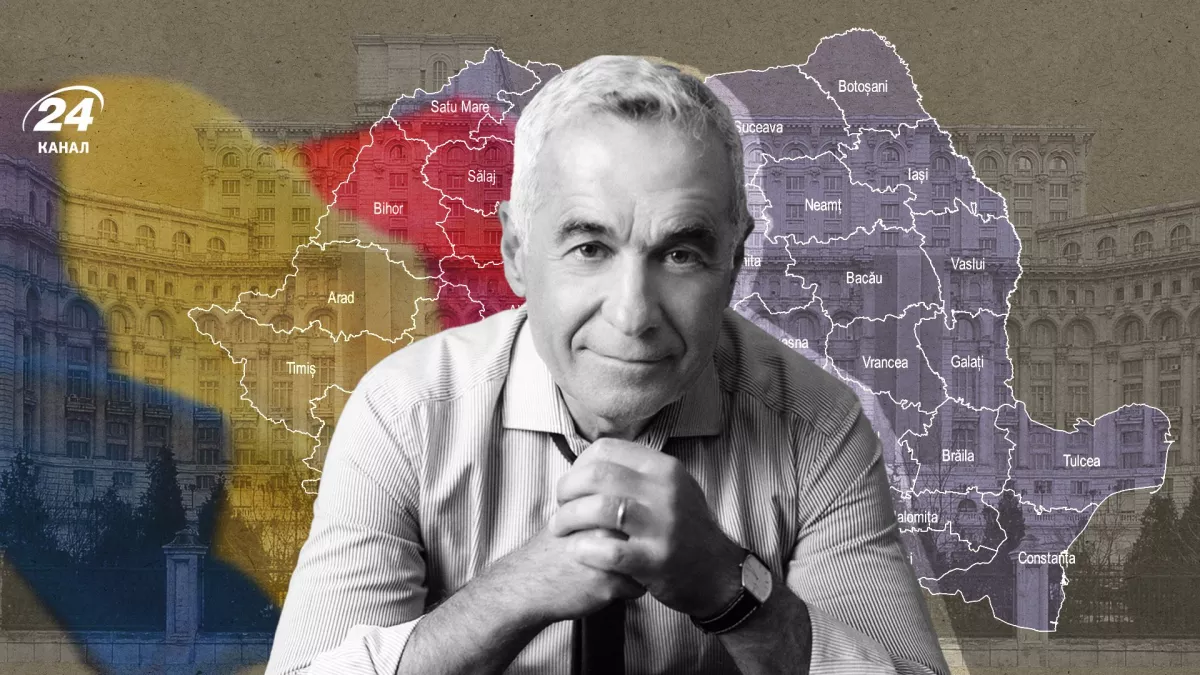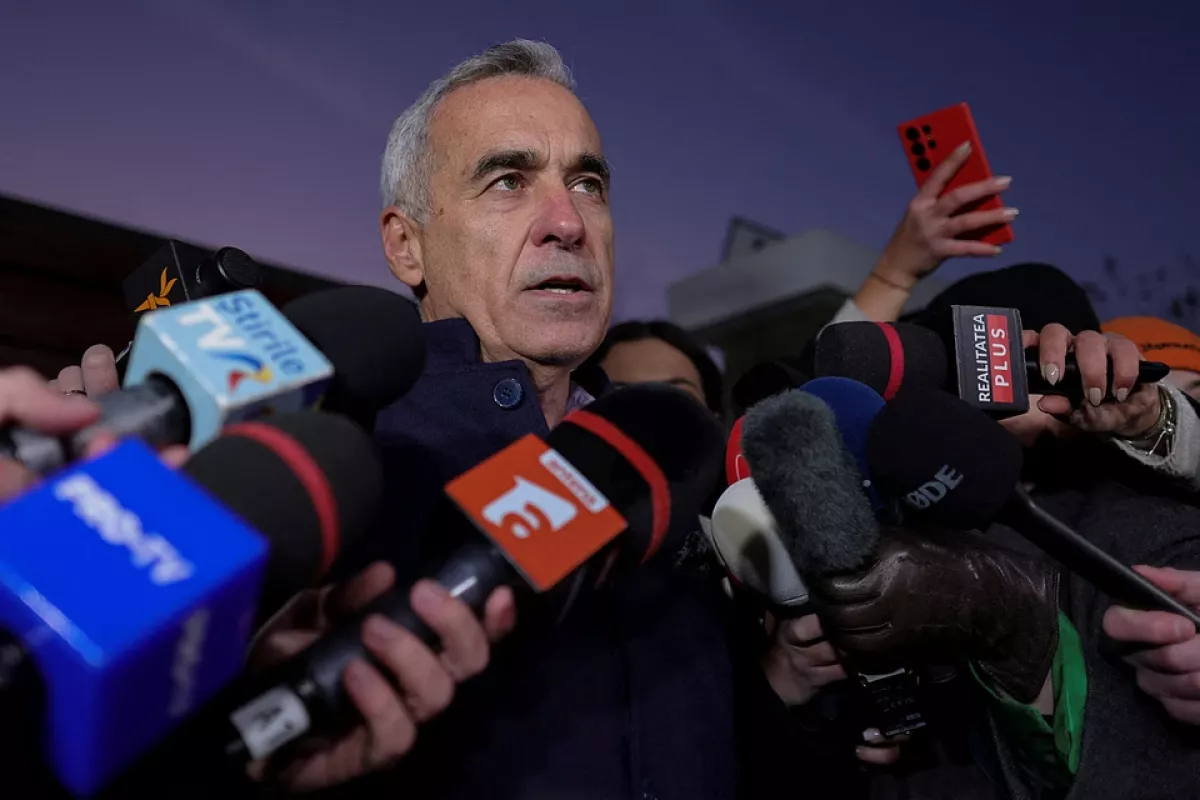Elections in Romania, Brussels' approach, and Orbán's words Far-right surge
Exactly one month ago, during his visit to Tbilisi, Hungarian Prime Minister Viktor Orbán described the results of Georgia's parliamentary elections as "indisputable." He emphasized that “when liberals win, Brussels calls it democracy. When conservatives win, they say it’s not democracy. Don’t take it too seriously – it’s business as usual.”
Orbán's statement comes to mind in light of the escalating scandal in Romania. It is worth noting that in Romania's presidential election on November 24, the results took an unexpected turn. Independent candidate Călin Georgescu, widely regarded as an outsider and predicted by exit polls to finish third, surprisingly secured the lead with approximately 23% of the vote. Alongside Georgescu, Elena Lasconi, representing the liberal Save Romania Union, advanced to the second round with over 19% of the vote.
Recalling Orbán's remarks, the fact that liberals placed second triggered a unanimous decision by Romania's Constitutional Court to recount the votes from the first round of the presidential election. The revised results are to be announced no later than 10:00 PM local time on December 1, 2024.

Thus, Orbán's remarks effectively reflect the current reality of the Western political landscape. This is particularly evident given that the basis for the vote recount, according to some analysts, is laughable: two candidates who suffered a crushing defeat, collectively garnering only 2% of the vote, filed a complaint accusing Georgescu of "formal procedural violations" and employing "TikTok trolls."
Democracy, so to speak, is in full bloom. Behind the facade, however, lies an overlooked question that defies analytical reasoning: the underlying cause of the victory of a candidate who was never seen as a contender for the presidency and lacks a political party.
Interestingly, in his campaign, Georgescu heavily relied on TikTok, perhaps drawing inspiration from Donald Trump, who masterfully leveraged the power of social media during his US presidential campaign. This tactic attracted a flurry of criticism from his opponents, who used every conceivable label against him. Among the milder epithets were “far-right,” “extreme nationalist,” and “populist.”
Amid this uproar, Georgescu also faced allegations of being an "unequivocal admirer" of Ion Antonescu, who served as Romania’s Prime Minister and Conducător (a title akin to Germany’s Führer or Italy’s Duce) from 1940 to 1944. Critics pointed to Georgescu’s favourable assessment of some of Antonescu’s actions, which allegedly caused even members of the Alliance for the Union of Romanians (AUR)—a party often associated with him—to distance themselves from him.
Moreover, Georgescu openly praised Vladimir Putin as “a true leader defending his nation’s interests” and accused the arms lobby, particularly the American one, of fueling the escalation of the Russia-Ukraine conflict.

Only now have some experts finally acknowledged that the Romanian electorate was primarily drawn to Georgescu due to his focus on creating conditions to raise incomes, protecting the interests of the country’s farmers, and his open criticism of the euro-bureaucratic apparatus in Brussels. According to Georgescu, Romania’s membership in the European Union has effectively transformed the country into "a colony of the West, stripped of its sovereignty and independence."
At the same time, Georgescu called for distancing Romania from NATO and ending military aid to Ukraine. Some journalists argue that the Romanian public’s gravitation toward such rhetoric reflects a kind of "rightward shift," especially considering their near-total indifference in 2021 to Georgescu’s launch of the political movement Ancestral Land.
Additionally, Georgescu’s live streams from churches during the campaign, seemingly as a nod to traditional values, were reportedly well-received by the electorate.
Meanwhile, several Moldovan media outlets highlighted Georgescu’s 15-minute video address to the Romanian people following the election. In his speech, he described Romania as being "on the edge of an abyss" and predicted an "economic earthquake" within the next year. He blamed this dire situation on the country’s ruling apparatus, which he accused of "shifting tectonic plates to the detriment of our nation’s interests."

However, Georgescu emphasized that the Romanian people have now "revived their aspiration for dignity." He declared, "My dear ones, we all have a great and noble mission: as I’ve said before, we are going to make history, not politics."
He concluded his address by stating that despite Romania’s "close ties with European values, we must rediscover our own values." Georgescu dismissed accusations against him, asserting, "I am not an extremist, not a fascist—I am a Romanian who loves his country. And at the forefront of my priorities is the Romanian people. There is no East or West; there is only Romania and peace for our people."
Be that as it may, some journalists believe that the orchestrators of the vote recount spectacle are already facing growing sympathy for Georgescu from those who originally voted for other candidates.
With the recount deadline fast approaching, there is little time left. However, regardless of the outcome, Viktor Orbán’s remarks about Brussels’ evaluation of election results in various countries—particularly its transparency and democratic nature—are being unequivocally validated. The determining factor, as Orbán suggested, seems to be which political camp secures the majority of votes.
For Brussels, it appears irrelevant that international law remains in effect—a principle that seems conveniently overlooked in this context.








